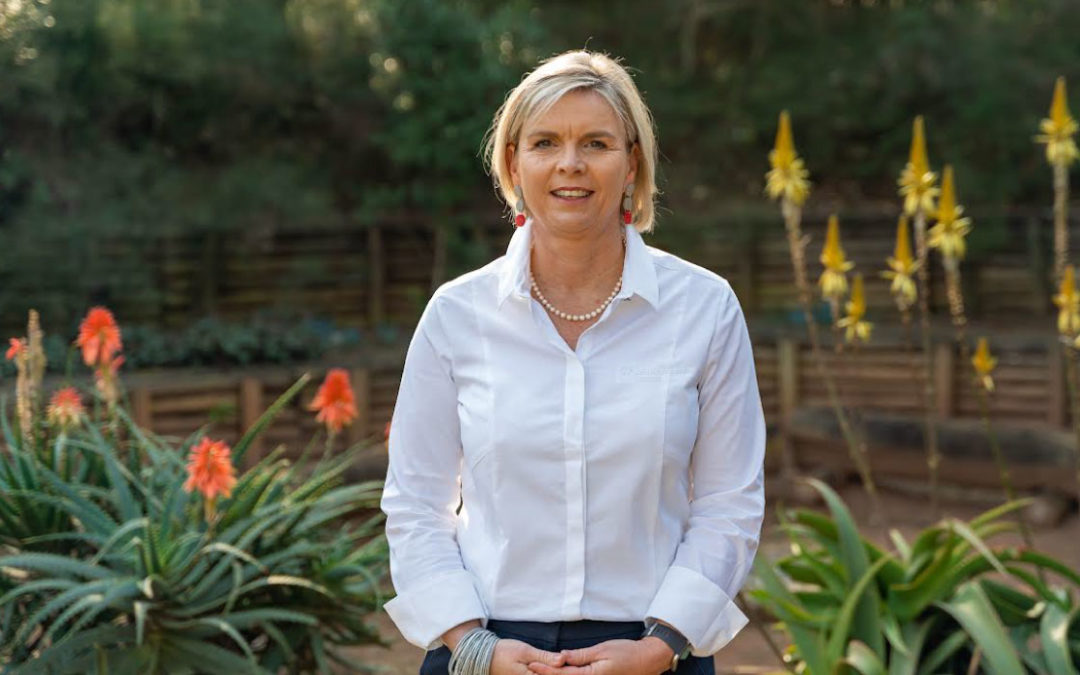In preparation for the Global Biocontrol Summit we caught up with our CEO, Michelle Lesur, to learn how biological technology is transforming the agriculture sector; and how Andermatt Madumbi is paving the way for the development of bio-rationals for home growers, independent businesses and large scale entities in South Africa.
What factors have contributed to this recent uptake in biological solutions and how is the industry shifting for a better consumer experience?
“The biological industry is moving from the pioneer stage into the competitive stage of its life cycle journey. The pioneer stage was dominated by new technology which was embraced by early adopters. These were growers who were prepared to take on the risk of trying something new,” Lesur said.
“For producers, the research and development costs were high with low returns. In the competitive stage there is a much greater adoption and integration of biologicals by growers. Going forward, the critical success factor for the grower will be their selection of a biological partner who will act as their trusted business advisor in protecting their return on investment,” she added.
How will biological solutions evolve in the future?
“As growers look to incorporate biological solutions into their operations, it is becoming clear that the future lies in a comprehensive portfolio of solutions across the entire spectrum of biological technologies; fully integrated into a sustainable programme that provides both return on investment and can ensure sustainability in the long-term,” Lesur said.
With the industry showing greater adoption of biological systems into their plant, root and soil health programmes – it is clear that biocontrol alternatives to chemical-based products are becoming the first choice for growers around the world.
Which disruptive technologies do you think will make a massive impact on the industry over the next few years?
“Biologicals is a systems approach and those technologies which support the transfer of knowledge on the integration of the whole farming system, rather than in silos or piecemeal, will become critical to the farmer’s decision-making process,” she said.
“As we look to a future where integrated farming systems change the way that food is grown, we acknowledge how far biocontrol solutions have come. As South Africa looks to adopt and thrive on healthier, more sustainable biological solutions to support the need for better food security and availability – we acknowledge and take pride in our role as thought leaders to drive this movement forward,” Lesur added.

